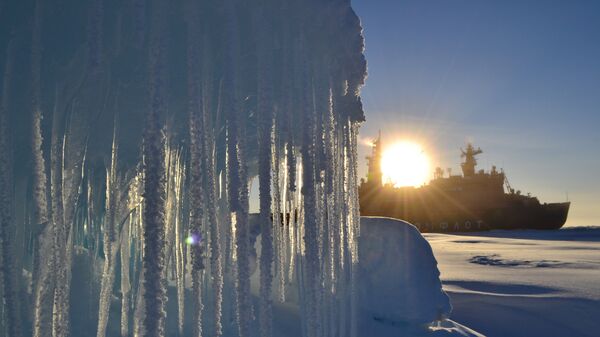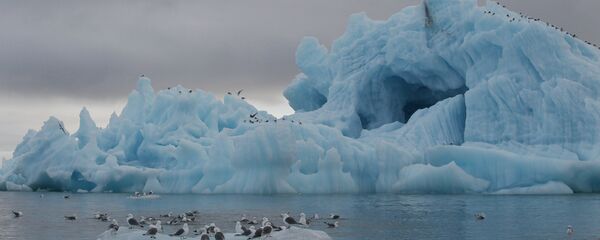"Potential regime shifts in the Arctic – from a shift to sea-ice-free summers, to collapse of different Arctic fisheries, to the transformation of landscapes: from bogs to peat-lands, or from tundra to boreal forest or to steppe. These regime shifts are having large impacts on the availability of wildlife, the stability of the climate, and Arctic people’s sense of place and well-being. They affect many ecosystem services that are important to people within and outside the Arctic: from regulating the climate, to providing sustenance," the report said.
The report, compiled by 11 organizations including the Arctic Council and six universities, found that the potential consequences could range from shifts in snow distribution resulting in altered climate patterns as far away as Asia, where the monsoon could be effected, to higher releases of methane from the tundra as it warms.
In March, the US National Snow and Ice Data Centre found that the cap of ice above the Arctic peaked at 14.52 million square kilometers — the lowest since records began in 1979.
Climate change has become a priority for many countries. On November 4, the Paris Agreement on climate change was ratified by 111 countries and came into force. The deal aims to limit global average temperatures to less than 2 degrees Celsius above pre-industrial level, with parties to the deal agreeing to cut their emissions in accordance with the proposed plan.





